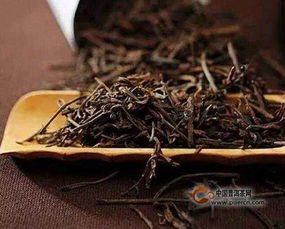茶叶的功效及依据英文介绍
Exploring the Health Benefits of Tea
Tea is not just a soothing beverage; it’s also a treasure trove of health benefits backed by scientific evidence. Let’s delve into the myriad benefits of tea and the research supporting them.
Tea, whether green, black, white, or oolong, is rich in antioxidants, such as flavonoids and catechins. These compounds help neutralize harmful free radicals in the body, reducing oxidative stress and lowering the risk of chronic diseases like cancer and heart disease.
Regular consumption of tea has been linked to improved cardiovascular health. Studies suggest that the antioxidants in tea help lower bad cholesterol (LDL), improve blood vessel function, and reduce the risk of hypertension, thus promoting heart health and reducing the risk of heart attacks and strokes.
Tea, particularly green tea, has gained popularity for its potential role in weight management. Catechins in green tea may enhance metabolism and promote fat oxidation, aiding in weight loss when combined with a healthy diet and exercise regimen.
The caffeine and amino acid Ltheanine found in tea can have synergistic effects on brain function. They may improve cognitive function, enhance alertness, and boost mood without the jittery effects associated with coffee consumption.
Several studies have suggested that regular tea consumption may help reduce the risk of certain types of cancer, including breast, prostate, colorectal, and lung cancer. The polyphenols in tea exhibit anticarcinogenic properties, inhibiting the growth of cancer cells and reducing tumor formation.

The immuneboosting properties of tea are attributed to its high content of antioxidants, vitamins, and minerals. Drinking tea regularly may strengthen the immune system, helping the body fend off infections and illnesses.
Tea, particularly herbal teas like peppermint and ginger, can aid digestion and alleviate gastrointestinal discomfort. Compounds in these teas have antiinflammatory and carminative properties, soothing the digestive tract and relieving symptoms of indigestion, bloating, and nausea.
Contrary to popular belief, tea is a hydrating beverage and can contribute to daily fluid intake. While tea contains caffeine, which has mild diuretic properties, its hydrating effect outweighs the diuretic effect, making it a suitable choice for maintaining hydration levels.
From its potent antioxidant properties to its positive effects on heart health, brain function, weight management, and immunity, tea offers a plethora of health benefits supported by scientific research. Incorporating tea into your daily routine can be a simple yet effective way to promote overall health and wellbeing.
So, brew yourself a cup of tea and sip your way to better health!
本文 同格科技网 原创,转载保留链接!网址:https://tonggekeji.com/post/6908.html
1.本站遵循行业规范,任何转载的稿件都会明确标注作者和来源;2.本站的原创文章,请转载时务必注明文章作者和来源,不尊重原创的行为我们将追究责任;3.作者投稿可能会经我们编辑修改或补充。









